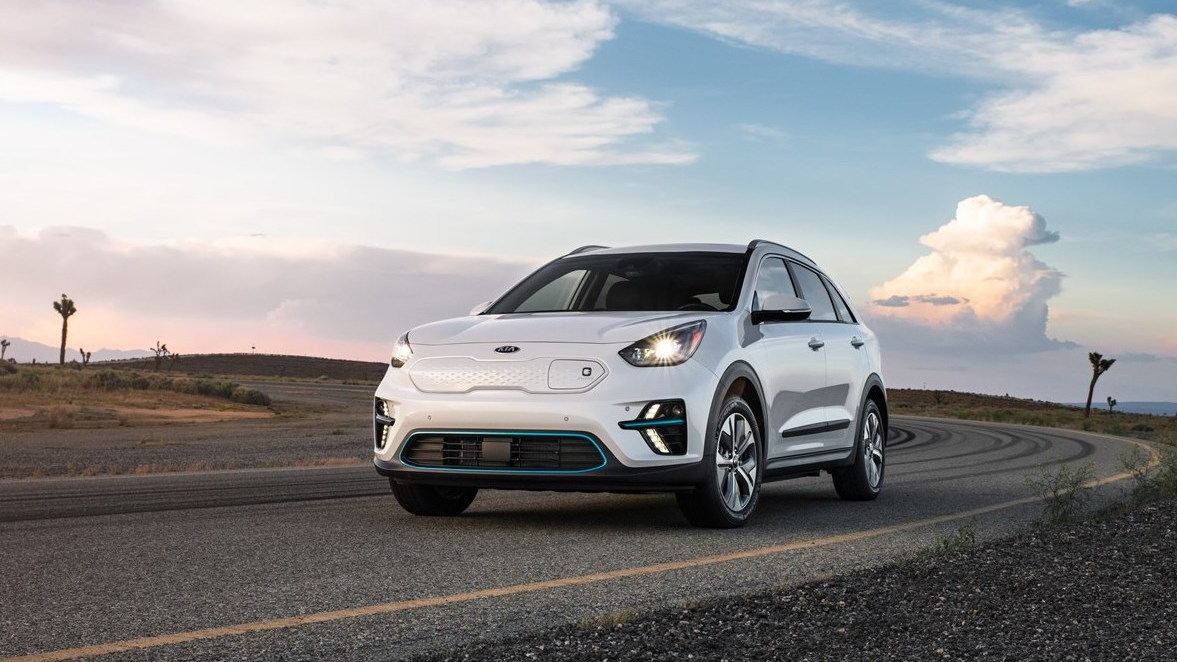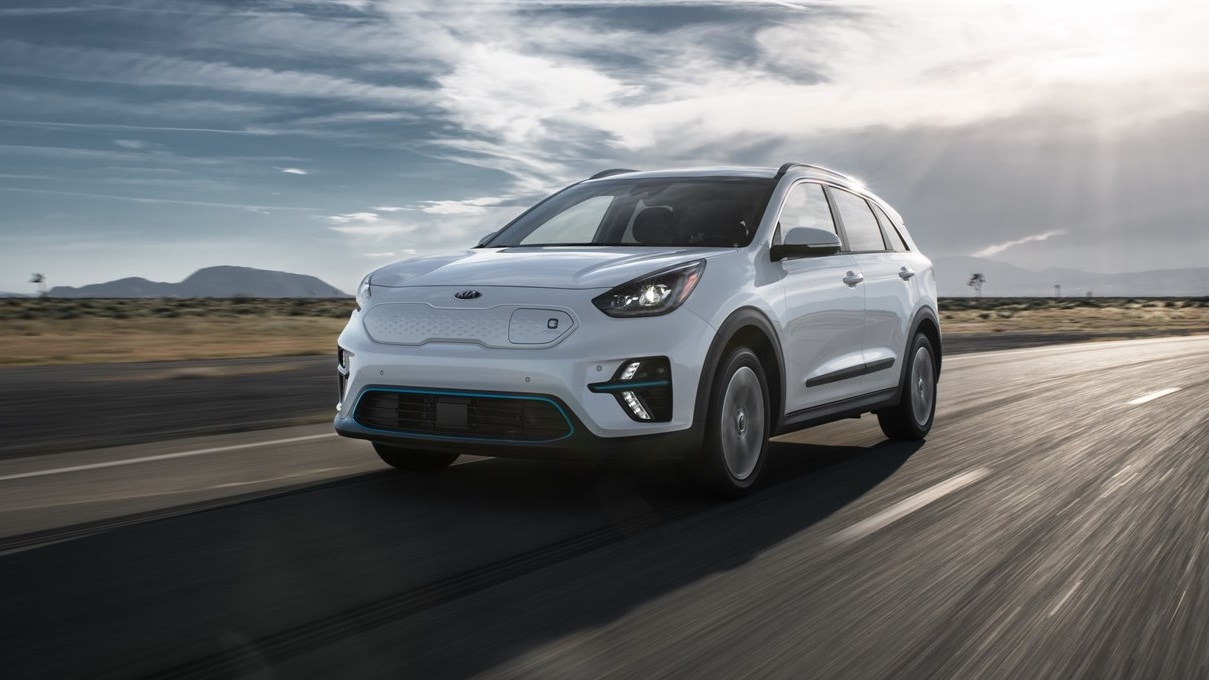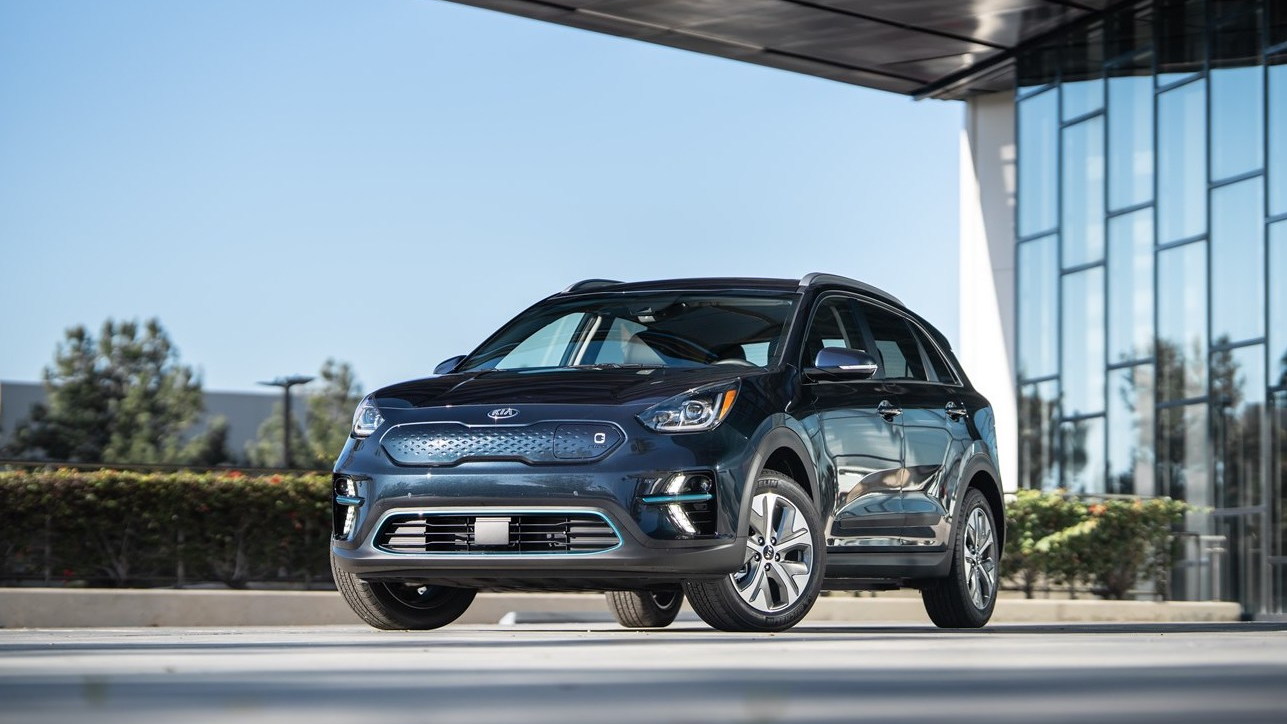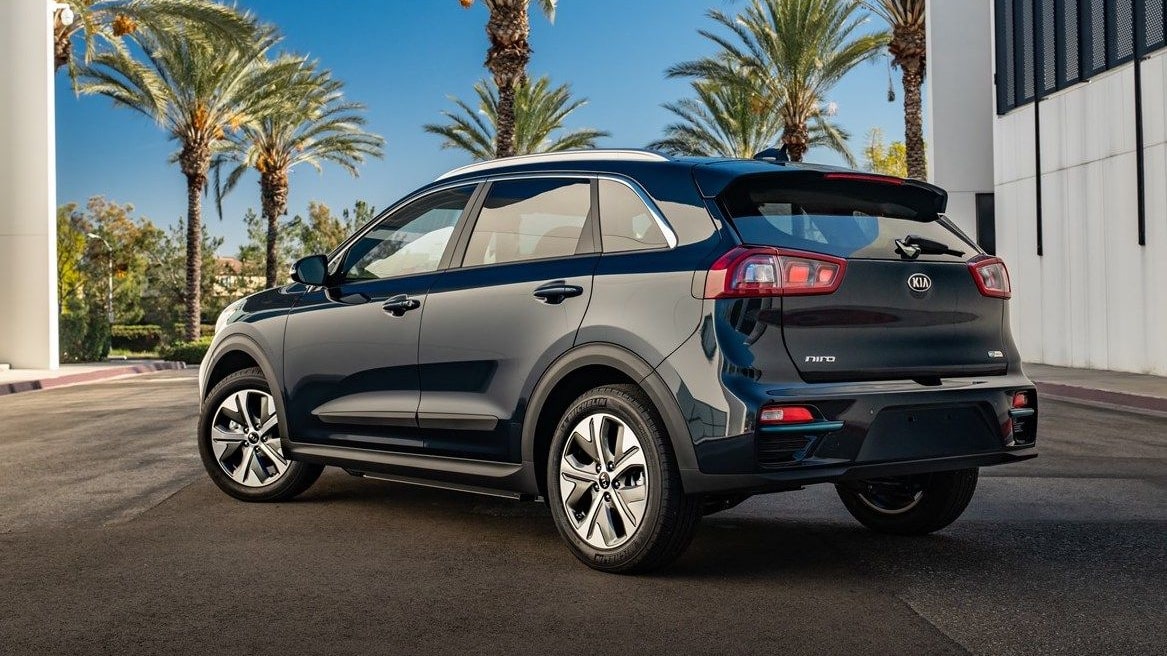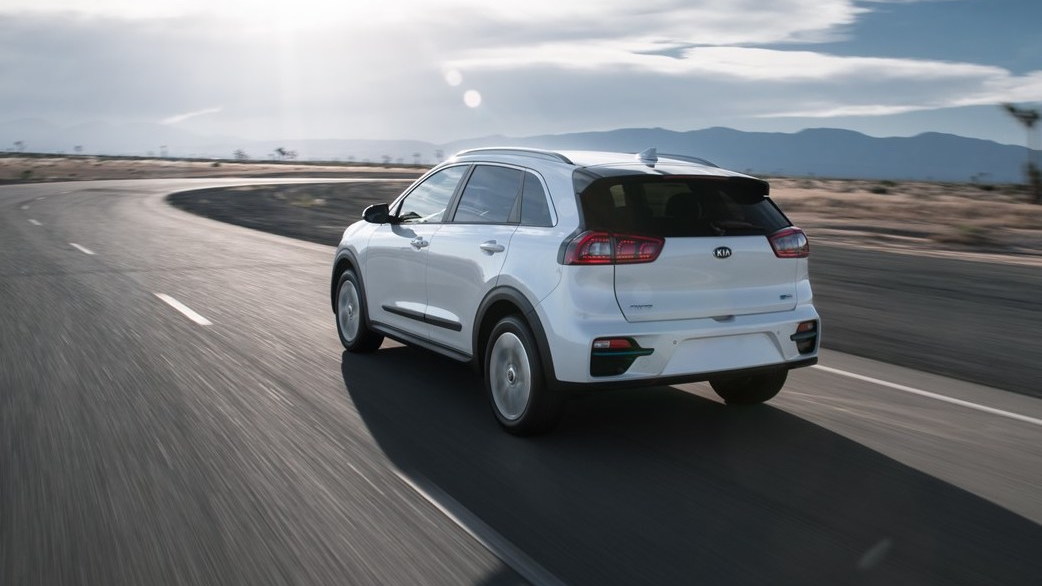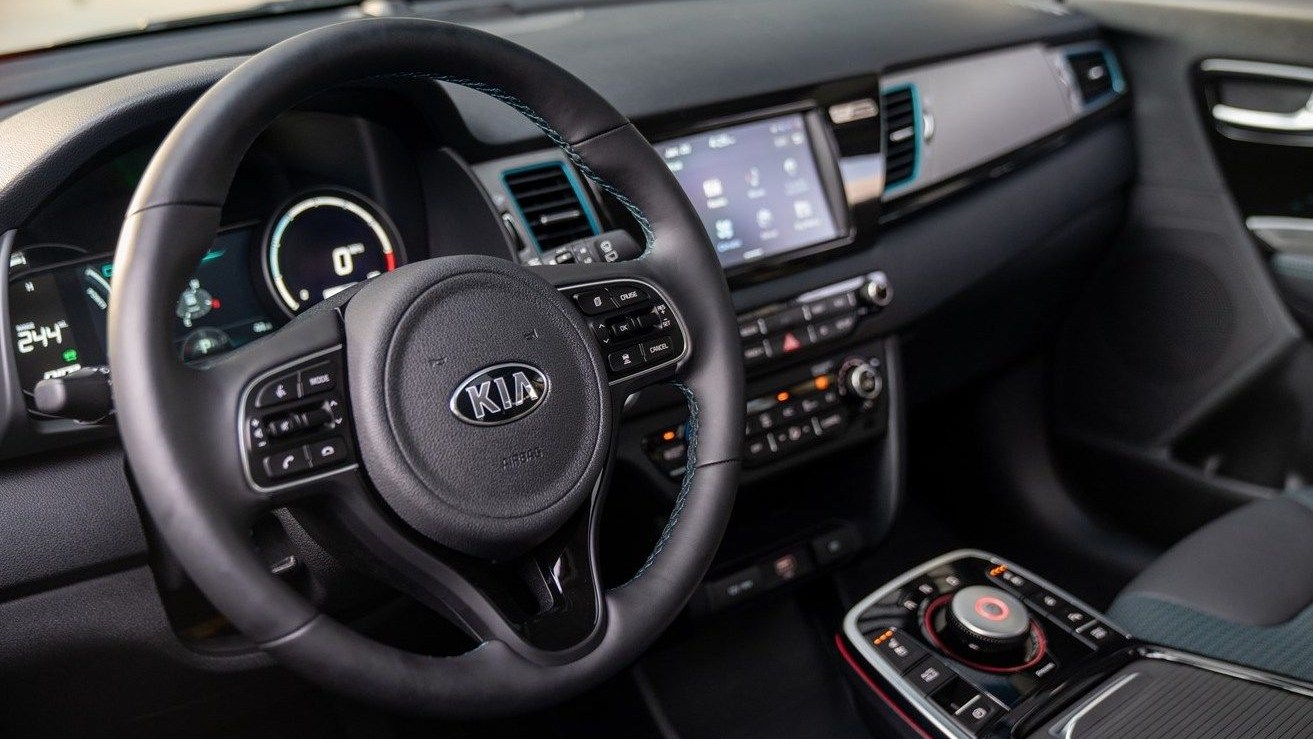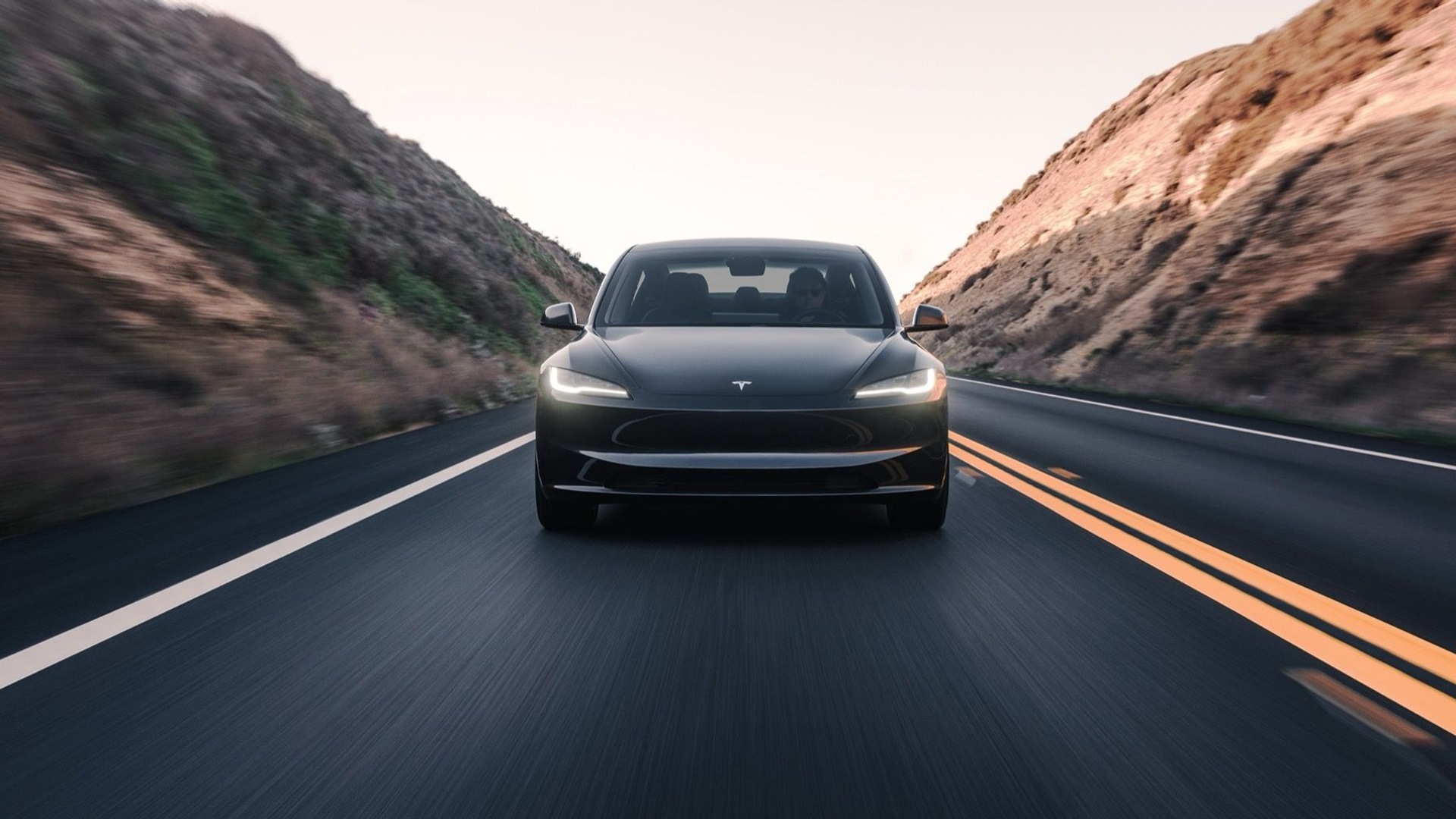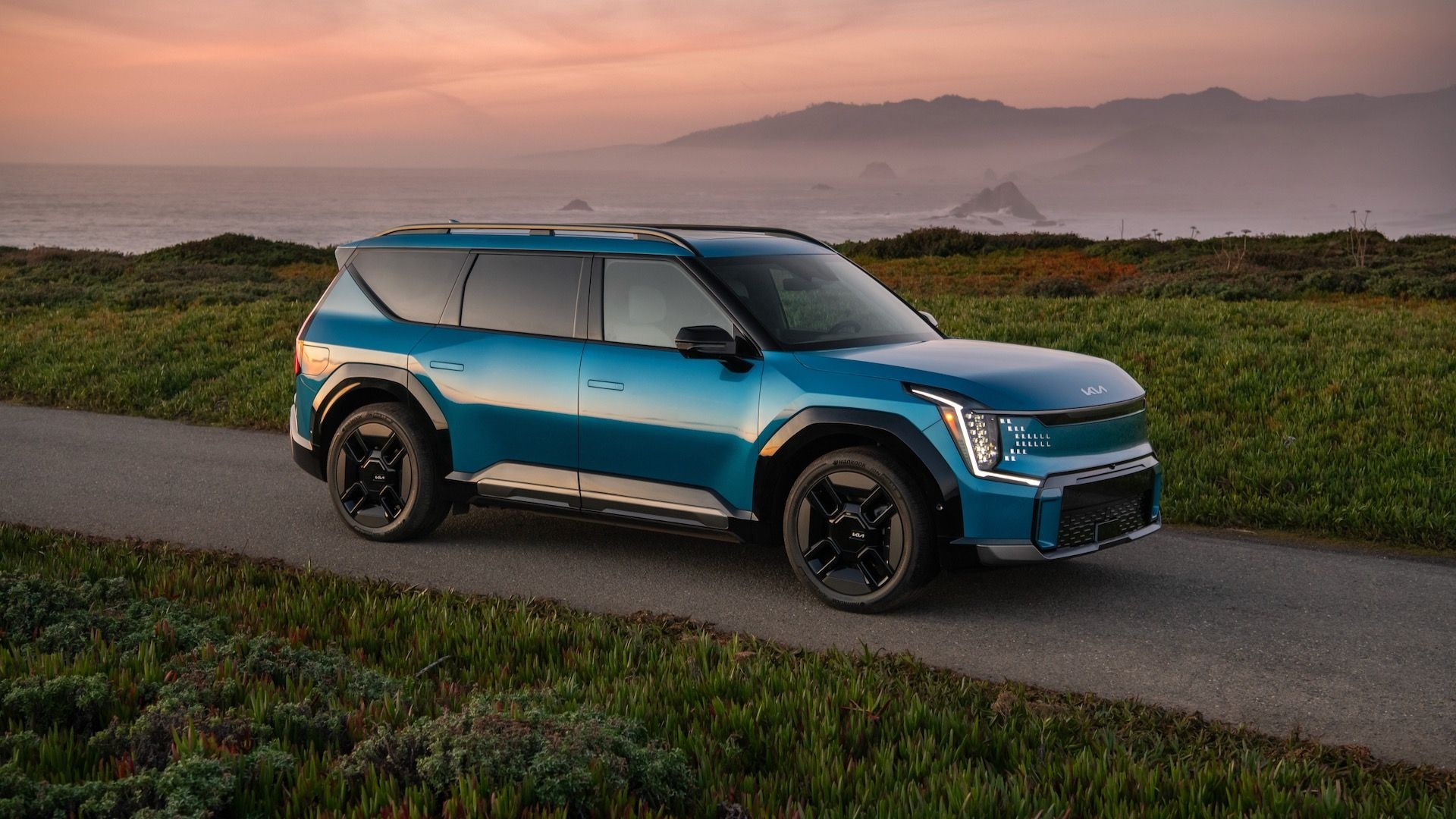With all eyes on the upcoming EV6, the all-electric 2021 Kia Niro EV rolls into the new model year with only small changes, including a handful of new tech features. Pricing starts at $40,265 for the base EX trim level, and $45,825 for the EX Premium (both prices include a mandatory $1,175 destination charge).
A rear-occupant alert feature, designed to keep drivers from leaving children or pets unattended in the rear seats, is now standard. Kia has also added Leading Vehicle Departure Alert, Highway Driving Assist, and a navigation-synced adaptive-cruise control system to the list of available driver-assist features.
The 2021 Niro EV also gets wireless Apple CarPlay and Android Auto, but only on the base EX trim level, which has an 8.0-inch touchscreen. As with other recent vehicles from Kia and parent Hyundai, the larger 10.3-inch touchscreen doesn't get wireless CarPlay or Android Auto.
Kia also added remote start, which allows for cabin preheating or cooling, according to the automaker.

2021 Kia Niro EV
Specifications remain unchanged. The front-wheel drive Niro EV has a 201-horsepower electric motor, and a 64-kilowatt-hour battery pack affording an EPA-rated 239 miles of range, with efficiency ratings of 112 MPGe combined (123 MPGe city, 102 MPGe highway). Kia also offers hybrid and plug-in hybrid versions of the Niro.
The Niro EV has been one of our top picks, and was also the highest-ranked mass-market electric car in a recent J.D. Power study. However, the Niro's limited availability and somewhat high price next to other EVs have been limiting factors.
Kia opened reservations for the EV6 June 3, but the new electric crossover won't start deliveries until next year. In top-spec form, the EV6 will offer more range the Niro EV (up to 300 miles, per Kia), quicker charging, and all-wheel drive. The EV6 will also be more widely available than the Niro EV, which has been limited to a few key markets in 12 states.
Kia has confirmed that the EV6 will be available in all 50 states—a more bullish approach than the staggered rollout that Hyundai has outlined for the Ioniq 5, which shares a platform with the Kia.
